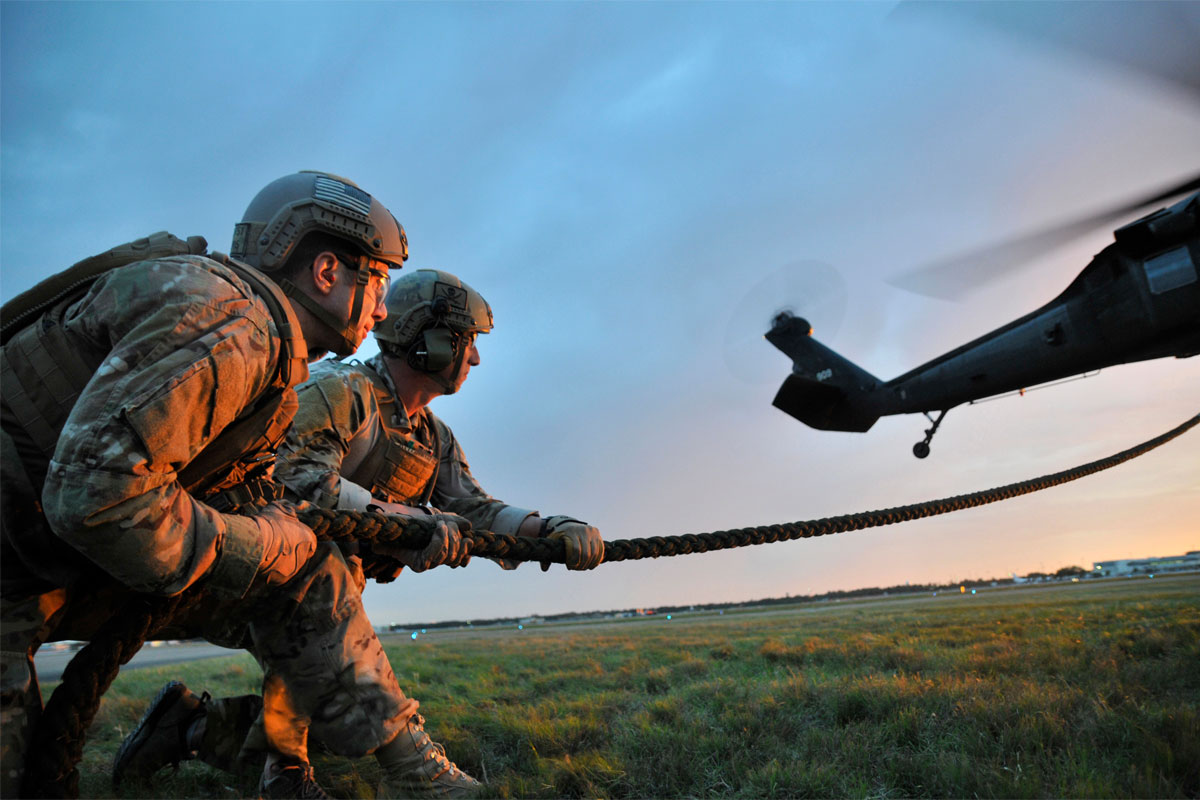Staying fit when you’re on your team, after you’ve made it through selection and training isn’t easy. You’re going to be easy. You’ll often be gone and when you’re gone there won’t always be a gym near you. You’re going to have to learn how to eat right if you’re going to try and salvage what fitness you’ve gained. Sometimes you’re stuck in a hotel. Other times, you’re on a small base without the freedom to go for a run.
The only gameplan is to get comfortable with the uncertainty and learn how to get yourself back in gear. Because when you’re back at the unit, on the base, you’ll have access to great gyms and trainers. That’s when you need to work hard and then, when you take off for whatever training you get a reasonable plan, even if it’s body weight from your THOR3 (Tactical Human Optimization and Rapid Recovery and Rehabilitation) trainers. THOR3 can’t be underutilized and is a golden resource, especially if you weren’t an athlete growing up or in college.
Also, some advice I received when I first arrived in the group was fitness related. A sergeant major told me to figure out what I was good at and double down. Meaning if you’re good at lifting or that’s your thing – be the best at it, whatever that means. I guess, also, ignore the haters. If you’re into biking, bike more than anyone. If you’re into rucking, ruck more than anyone in your company. Same goes for running, except it’s an interesting exception. Running must be a part of your training. You’re expected to run for the PT test, and there’s no dodging it. Also, cardiovascular strength is paramount to compensate in a firefight. Finally, you’ll have to embrace body weight workouts and if you can live off of pull-ups. Because there’s almost always a pull-up bar and from that bar, there’s quite a bit you can do.
However, the bottom line in SOF is endurance. You need to work long hours, little sleep and you’ll carry heavy things. This has been the nature of war for as long as we’ve been recording it in history. So, make sure you’re back is strong because you’ve probably already heard from virtually every older man that their backs hurt. In the army and the military, you’re expected to run; you can’t blow it off. But it’ll pay dividends abroad from your on patrol in Afghanistan, and you’re able to compensate for the increased pressure, and weight of your loadout and others are not. Above, the most important thing to keep in mind is mission performance, not gym performance.
Featured image courtesy of Military.com
